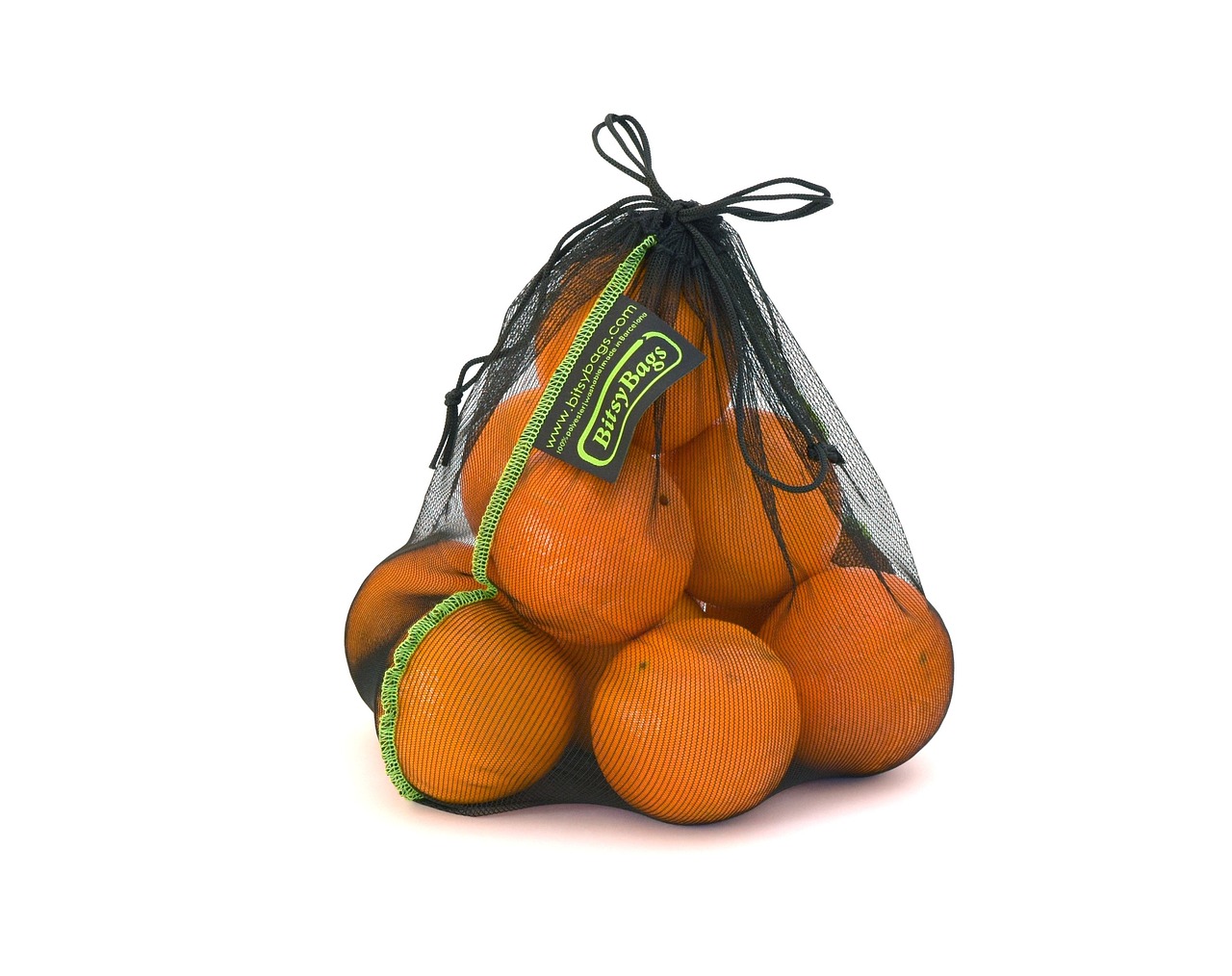
- High Country Conservation
- March 6, 2024
- Ask Eartha
Recycling has always been the right thing to do. But now we know that recycling isn’t the only way to avoid throwing things in the trash. Sometimes, throwing away less stuff just means doing things differently.
Brought to you by the letter ‘R’
Since grade school, many of us have been taught the importance of the three R’s: reduce, reuse, and recycle. And today there are more than just three. Some argue that there are six and others say there are as many as 12! For now, I’ll introduce you to just one new R: refuse.
So what does this magical new R mean? It’s best to think about refusing in the context of a word we know quite well: no. As in, no thanks. For instance, if I drank coffee at home, do I really need more—poured into a paper cup—on my way to work? Perhaps not. And saying no to that coffee meant one less paper cup destined for the landfill.
If you’re like me, it’s not easy to turn down caffeine. So what do you do if you really, really want to have that extra coffee? Is there a way to say no to the cup and yes to the coffee? Certainly! Bring your favorite mug from home and fill it up at the coffee shop down the street. This way you refuse to create trash while also saying yes to your coffee. Finding ways to refuse to throw things away can take some practice, but there are plenty of ways to say no to trash. Many of us already do this when we bring our reusable shopping bags into the store or clean the house with a rag and cleaner instead of disposable wipes.
Saying no saves the day
You might be asking yourself why we refuse if we can just recycle. After all, many of us have learned to recycle and know that recycling is good, which is true. Please, continue to recycle! But when we think about the R’s, recycling should be the last thing we do, not the first. That’s because recycling isn’t perfect. Those old boxes, soda cans, and glass bottles go through a long journey before they become new ones. For example, everything recycled must be picked up and driven to a place where it’s sorted even more, which creates pollution. Plus, paper and plastic can only be recycled a few times before they become trash because they come out a little worse every time. And a lot of electricity is used to recycle them, even though they’ll just become trash anyway. Refusing says “no thanks” from the very beginning and saves a lot of time, energy, and resources.
If you and I refuse to get that coffee because of the disposable paper cup that it comes in, then that saves trees from being cut down and the electricity needed to make the cup, plus all the fossil fuel from shipping it around. Plus, refusing these extra cups of coffee will certainly save us some money in the long run. Want some other ideas? Consider reading the newspaper online. Bring your reusable shopping bag to the grocery store and pick out loose veggies without reaching for a plastic bag. And, as always, remember to bring a mug from home to your favorite coffee shop.
Not perfect, just better
Refusing is about doing things a little differently than you’re used to. But it takes practice. Forgot your reusable shopping bags? It happens to the best of us. Don’t have time to wash bundles of loose produce that day? Maybe it’s a night for purchasing pre-washed produce packaged in plastic. And the next time you do have a few minutes to wash loose produce, say “no thanks” to the extra plastic. Before you know it, you’ll be refusing like a pro!
Ask Eartha Steward is written by the staff at the High Country Conservation Center, a nonprofit dedicated to waste reduction and resource conservation. Submit questions to Eartha at info@highcountryconservation.org.
